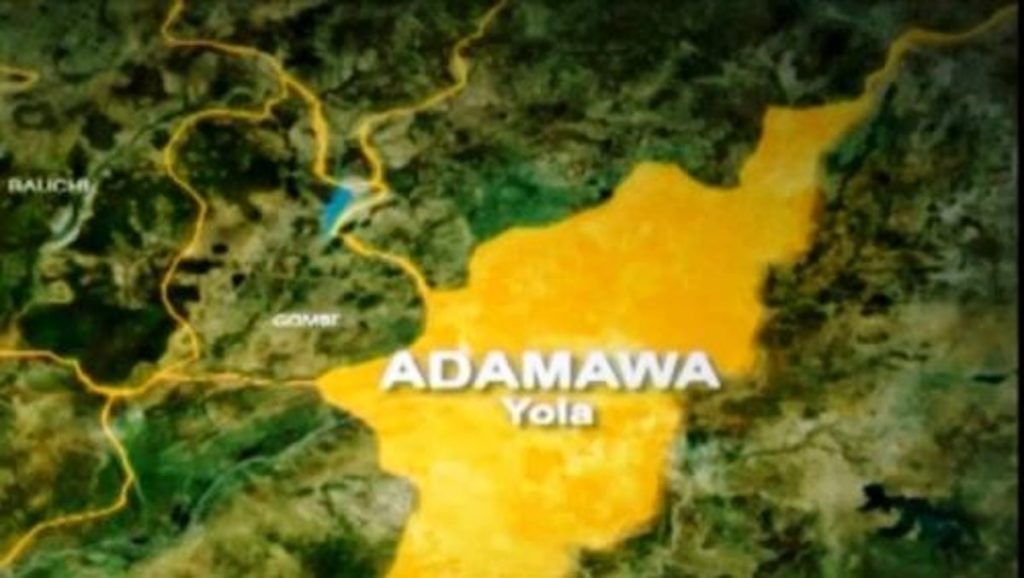Paragraph 1: The Historical Significance of the Creation of Chiefdoms and Emirates in Adamawa State
Governor Ahmadu Umaru Fintiri’s decision to create seven new chiefdoms and emirates in Adamawa State has been hailed as a momentous occasion by political analysts and academics. This action is seen as rectifying a historical injustice, restoring cultural identity to communities whose traditions were suppressed under colonial rule. The move is considered a landmark achievement, revitalizing the cultural heritage of the people and fostering a stronger sense of belonging. Prior to this, the affected communities felt like a people without a cultural anchor, their history shrouded in obscurity. The creation of these chiefdoms and emirates is therefore not merely an administrative act, but a profound gesture of cultural revival and recognition.
Paragraph 2: The Kamwe People and their 900-Year History on Kamale Mountain
The creation of the chiefdoms and emirates shines a particular light on the Kamwe people of Michika Local Government Area, inhabitants of the Kamale mountain for over nine centuries. Their long history, dating back to 1200 AD, reveals a culture impacted significantly by the British indirect rule policy. This policy enforced cultural assimilation, resulting in the Kamwe people being distanced from their ancestral traditions. Elders within the community, many over 95 years old, recount the experience of their people being compelled to abandon their cultural heritage and effectively become tenants in their own land. They view Fintiri’s actions as divine intervention, liberating them from the vestiges of colonial oppression. There is a renewed sense of hope and a call for all Kamwe people, both within Nigeria and abroad, to actively participate in the preservation of their restored cultural independence.
Paragraph 3: Governor Fintiri’s Rationale and Vision for the Chiefdoms and Emirates
Governor Fintiri articulated his reasons for creating the chiefdoms and emirates in a state broadcast, emphasizing the vital role they play in strengthening security and peace. He envisioned these entities as platforms for recognizing and respecting the diverse identities within the state, fostering inclusivity, and reviving endangered languages and cultural practices. Fintiri sees this initiative not merely as a return to traditional governance but as an essential element in building a more unified and harmonious state. He underscored the importance of respecting pluralism and acknowledging the role of traditional institutions in managing the state’s less-governed areas, seeing them as integral to the peacebuilding process.
Paragraph 4: Endorsement and Celebration from Traditional Leaders and Socio-Cultural Groups
The creation of the chiefdoms and emirates has been met with widespread acclaim. Murum Mubla Bwaltam Bently Biyapo, a prominent chief in Demsa Local Government Area, praised the move as a significant achievement for both the government and the people. He views the restoration of traditional rule as a catalyst for cultural revitalization, allowing communities to govern themselves according to their customs and revive fading traditions. He also believes it will foster closer ties between the government and the governed. Similarly, the Gongola People’s Forum (GPF), a socio-cultural organization, lauded Fintiri for the appointments, highlighting the reclamation of traditional cultural rights that had been usurped during the colonial era. The GPF believes this action aligns with their own ideals of freedom and self-determination.
Paragraph 5: Academic and Diaspora Perspectives on the Cultural and Security Implications
The initiative has also drawn support from academia. Professor Stephen Lagu, Vice Chancellor of Adamawa State University, emphasizes the significance of the decision not just in terms of cultural liberation, but also for its potential to enhance security. He believes the restoration of traditional authority can play a critical role in addressing security challenges. This perspective is echoed by Dr. IliyaYame Kwache, an environmentalist and Michika native residing in the United Kingdom. Dr. Kwache, who shared a detailed statement with Arewa PUNCH, eloquently describes how his people were marginalized through the dismantling of their traditional power structures under colonial rule. He views the restoration of the Michika chiefdom (Kamwe Kingdom) and other chiefdoms as an act of historical justice, crucial for reclaiming cultural heritage and restoring hope for the future.
Paragraph 6: Dr. Kwache’s Historical Account of the Kamwe People
Dr. Kwache’s statement offers a comprehensive historical account of the Kamwe people, drawing upon the works of early colonial administrators and ethnographers like Anthony Kirk-Greene. He highlights the Kamwe’s resistance to both the Kanuri and Fulani incursions, their traditional governance structures before colonial intervention, and the pejorative labels applied to them by outsiders due to their resilient defense of their ancestral lands. He criticizes the imposition of colonial administrative structures that disregarded indigenous norms and separated kinship groups. He points to the forced adoption of Western languages and the arbitrary redrawing of boundaries that divided the Kamwe between Nigeria and Cameroon. Dr. Kwache concludes with a genealogical account of the Kamwe lineage, tracing their origins back to Gelmai, the first Kamwe King, and recounting the migratory history that led to the founding of Michika. His statement underscores the profound historical and cultural significance of Governor Fintiri’s decision, marking it as a pivotal moment in the Kamwe people’s ongoing journey of self-determination and cultural revival.


